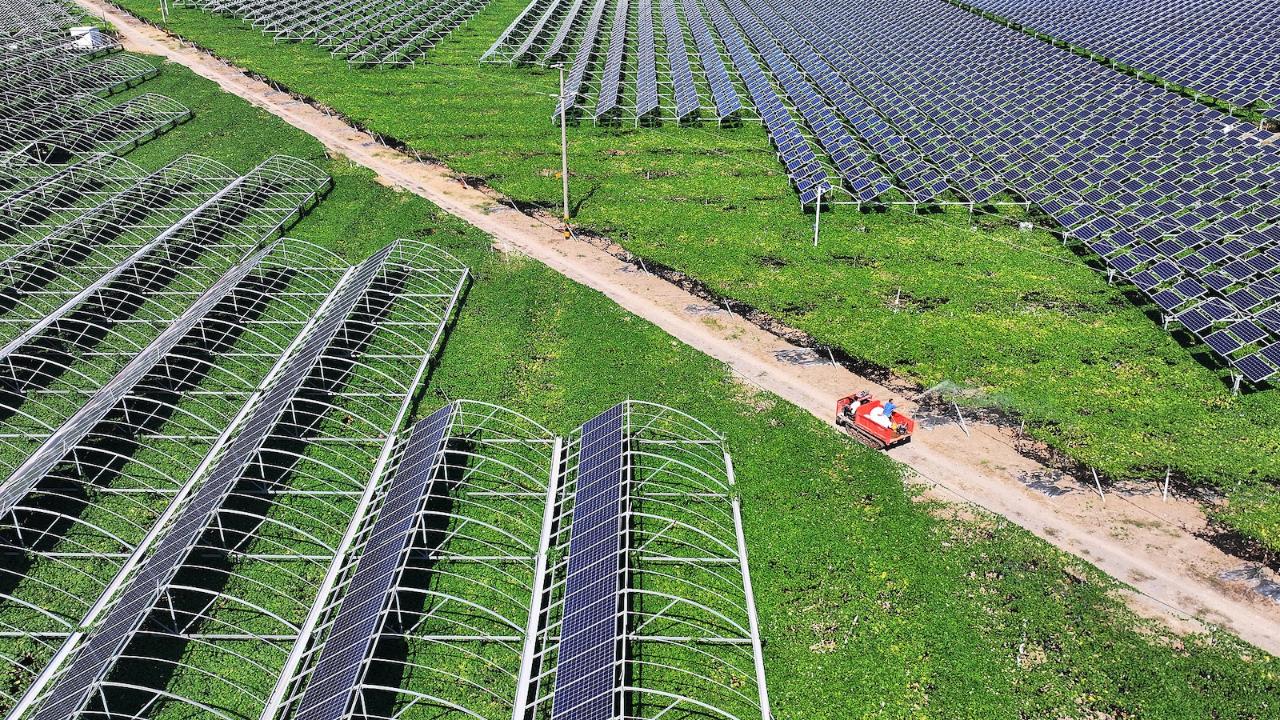Ultra-Short-Period Planets Challenge Cosmic Understanding

The discovery of ultra-short-period planets (USPs) orbiting stars in less than 24 hours is not only captivating but also reveals significant complexities in our understanding of planetary formation. These planets, which exist in extreme environments where surface temperatures can exceed 2000K, challenge the traditional models of planetary development that we've relied on for solar system planets. Understanding them could provide revolutionary insights into how different solar systems, including our own, may evolve and change over geological timescales.
Ultra-short-period planets are nugget-like remnants on the fringes of what we thought we knew about planetary orbits. They defy logic by existing so close to their stars, encountering thermal extremes that obliterate the expectations for habitable worlds like Earth. Theoretical studies propose three main pathways for their existence, indicating a migration from further out in a star's orbit, influenced by forces that stretch across millions to billions of years. Recent findings from the Nanjing University study, published in *Nature Astronomy*, highlight a changing pattern among these planets' systems, emphasizing how their occurrence increases steadily with stellar age. This method of tracking occurrence rates sheds light on how these planet systems may have formed over deep time.
The implications of these findings are profound—a broader understanding of these ‘lava worlds’ helps us unravel not only their narratives but also asks significant questions about our own solar structure and history. As research in exoplanetary sciences continues to push boundaries, one must ponder how these discoveries might shape future astronomical pursuits. Will our notions of where life might arise on other worlds, and how diverse these worlds can be, change fundamentally?
Read These Next

Streetlight Charging: Revolutionizing EVs
A Pennsylvania State University research team has successfully converted streetlights into electric vehicle charging stations, providing a cheaper and more effective alternative to traditional installations while considering urban equity.

AI Surge in Venture Capital: A Game Changer
Analysis of the recent PitchBook report indicating a historic investment surge in AI startups within the venture capital sector, exceeding half of total funding.

China Aims to Accelerate Green Transition in All Sectors
China plans to speed up its green economy transition with investments in technology and eco-friendly practices to combat pollution.
